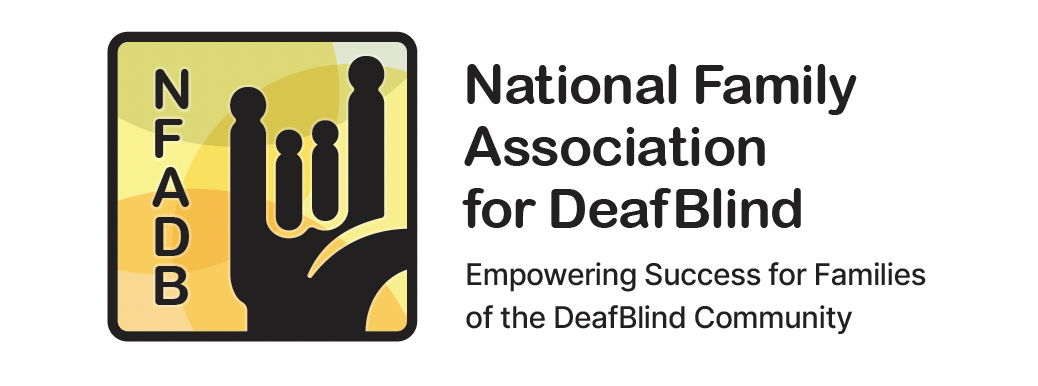- Welcome
- FL: Maria Mccarrick (IL)
MARIA MCCARRICK (ILLINOIS)
September 2014

My husband Dan and I have been married for 25 years. Dan was born and raised in New Jersey. I am from nowhere and everywhere, the daughter of a career Air Force officer. We met and married in California, lived in Michigan for 19 years, and then moved to Peoria, Illinois in 2008. Dan is an engineer at Caterpillar. We have two children, Katherine (19) and Thomas (11). Katherine has infantile Refsum disease (IRD), a peroxisomal biogenesis disorder (PBD) on the Zellweger spectrum of disorders. It is an inherited genetic condition (autosomal recessive) that causes deafblindness, ataxia, and cognitive impairment, among other things. There is no cure and few treatments; it is considered fatal. While Katherine has had many challenges, she is remarkably determined and very cheerful. The disease has robbed her of many of her hard-earned skills, but she adapts and keeps going.
Katherine is a student at the Philip Rock Center and School (PRC), Illinois’ school for the deafblind. This is her “happy place.” During the 2009-2011 fiscal crisis in the state of Illinois, the Philip Rock Center and School was days from closure due to the state comptroller’s repeated failures to release monies owed to the school under the state’s budget. PRC could no longer afford to pay staff and vendors for services and could not keep its doors open much longer. I started an advocacy campaign to pressure the comptroller to release the funds to save the school. I wrote letters to my elected representatives, the governor, the state board of education, and the media. I encouraged parents at the school to do the same and provided sample letters to help them. I recruited other parents of children with deafblindness who received services through Project Reach (the state deaf-blind project) to join the effort, since Project Reach would be displaced if the school shut down. Because of our campaign, the plight of PRC was featured in the Chicago Tribune and later on local TV affiliates. A Tribune reader started a Facebook page to save PRC. All this attention led to an immediate payment from the Illinois comptroller. And when the cycle of non-payment continued into the next year, I started writing more letters to everyone I had contacted before, another article in the Tribune appeared, and another last-minute release of funds kept the doors open. Not only did the school remain open, it remained fully funded in the subsequent state budget, not an easy feat in tough economic times. We haven’t had to alert the media or our elected representatives to spur comptroller payment since the summer of 2010.
Through these efforts I was surprised by how much one person could do with a clear, concise message and a little tenacity. If you tell your story to enough people, someone who is in a position to effect change will hear it and help. Our message appeared on television, in the newspaper, and on social media. It reached the governor’s office; someone heard it and expedited the payments that saved the school. I also will never underestimate the power of social media to raise awareness, something I didn’t fully appreciate four or five years ago.
My leadership journey began when I participated in a year-long training called the Illinois Family Leadership Program (IFLC) put on by the National Consortium on Deaf-Blindness (NCDB) and Project Reach. Eight moms were chosen from all over the state and came together over the course of three weekends to learn about the topics that most affect families of children with deafblindness. I learned advocacy skills that helped me in my fight to save the Philip Rock Center and School. It gave me the confidence to be an advocate, something that was not part of my education, experience, or skill set previously (I am a former graphic artist with a BFA in industrial design from Notre Dame—not helpful!). It also connected me with other moms who served as a sounding board for my ideas and strategies. They became allies in my campaign, writing letters and spreading the word throughout their communities.
Since my training and my advocacy role, I have become more involved with the Illinois Advocates for the DeafBlind, editing and producing their newsletter. I was offered a position at Project Reach, Illinois’ outreach program for children with deafblindness. I’ve been a Family Specialist at Project Reach for the past year, helping parents of children with deafblindness advocate for themselves and find resources to help their kids. I know I would not be doing this kind of work today if it weren’t for my IFLC training, which informed my campaign to save PRC.

